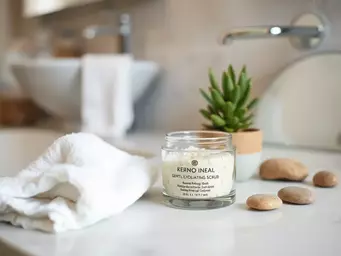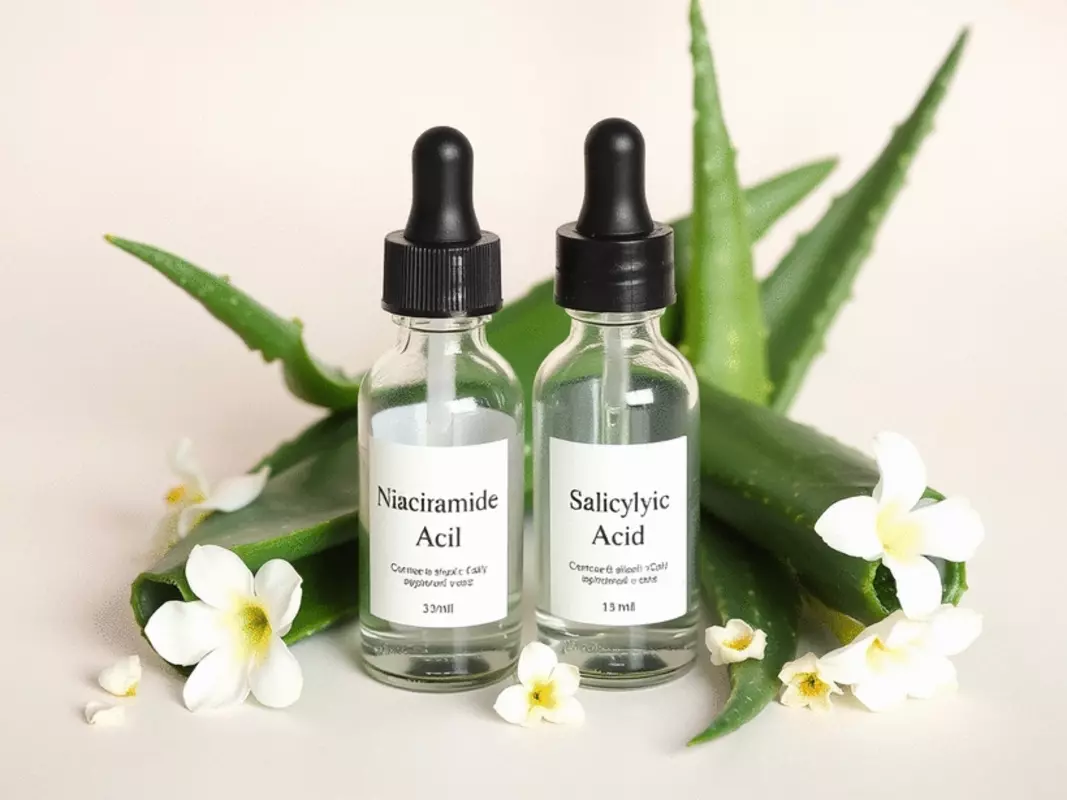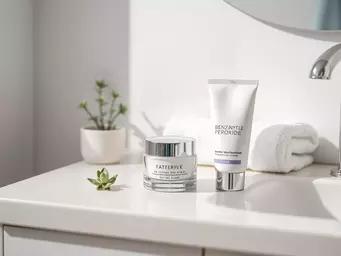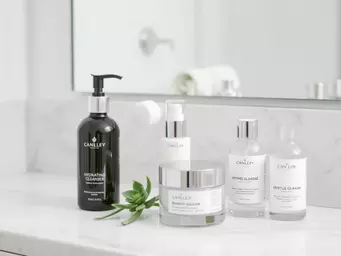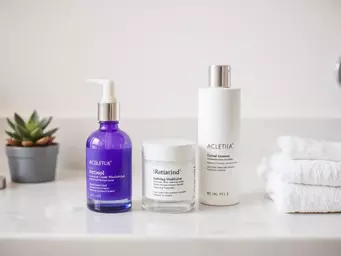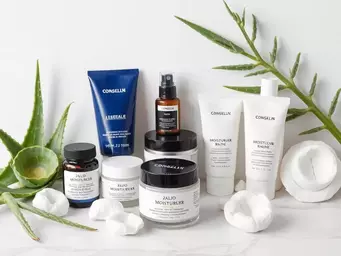Gentle Skincare for Dry Acne
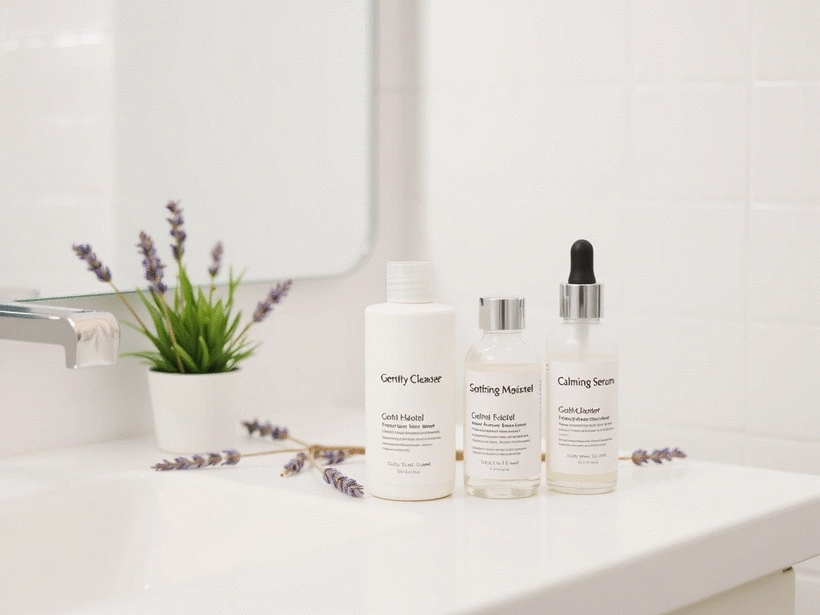
Have you ever felt like your skin is caught in a tug-of-war between dryness and breakouts? You’re not alone! Understanding the unique needs of dry, acne-prone skin can empower you to take control of your skincare journey.
What You Will Learn
- Common causes of dry, acne-prone skin include harsh cleansers and environmental factors.
- A gentle skincare approach is essential to avoid exacerbating dryness and acne.
- Lifestyle factors such as diet, hydration, and stress management can significantly impact skin health.
- Establishing a consistent skincare routine is key to achieving lasting results.
- Knowing when to consult a dermatologist is crucial for persistent skin issues.
Key Factors for Dry, Acne-Prone Skin Management
Understanding the interplay between various factors is crucial for effective management of dry and acne-prone skin. This visual highlights common causes and essential lifestyle adjustments.
Common Causes of Dryness & Acne
Simultaneous dryness and breakouts often stem from:
- Overuse of harsh cleansers
- Environmental factors (low humidity, sun)
- Underlying skin conditions (eczema)
- Hormonal fluctuations
Essential Lifestyle Adjustments
Beyond products, these choices impact skin health:
- Stay hydrated (ample water intake)
- Balanced diet (antioxidants, omega-3s)
- Stress management (yoga, meditation)
- Protect skin from harsh climates
Benefits of a Gentle Skincare Approach
Protecting your skin barrier prevents irritation:
- Choose sulfate-free cleansers
- Opt for non-comedogenic moisturizers
- Incorporate soothing agents (aloe vera)
- Maintain skin's natural moisture barrier
When to Consult a Dermatologist
Seek professional help for persistent issues:
- No improvement after weeks of new routine
- Severe irritation or allergic reactions
- Persistent, worsening acne
- Tailored treatment plans are needed
Understanding the Unique Needs of Dry, Acne-Prone Skin
Have you ever felt like your skin is caught in a tug-of-war between dryness and breakouts? You’re not alone! Many individuals, like myself, have dealt with the unique challenges of dry, acne-prone skin. Understanding what causes these conditions simultaneously is the first step to managing them effectively.
What Causes Dryness and Acne Simultaneously?
Dryness and acne can seem like a cruel twist of fate, but they often share common culprits. One primary factor is the imbalance in moisture levels, which can lead to dry skin while also triggering your skin to produce excess oil, resulting in acne. According to CeraVe, common causes include:
- Overuse of harsh cleansers that strip natural oils
- Environmental factors, like low humidity or excessive sun exposure
- Skin conditions such as eczema or psoriasis that contribute to dryness
- Hormonal fluctuations that can lead to an increase in oil production
Recognizing these triggers is essential for developing a tailored skincare routine that addresses both issues. By understanding the root of the problem, we can begin to make informed choices about products that restore hydration without aggravating acne.
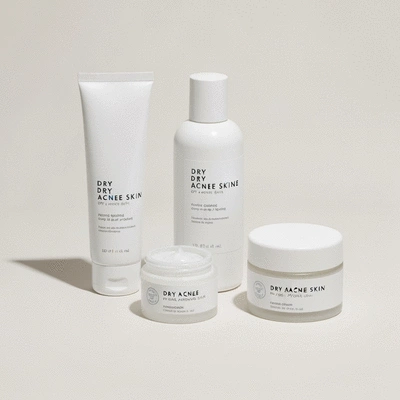
The Importance of a Gentle Skincare Approach
When managing dry, acne-prone skin, a gentle approach is crucial. Harsh products can irritate your skin and exacerbate both dryness and acne. Instead, look for products that are specifically formulated to be non-comedogenic, meaning they won’t block pores while still providing moisture. Here are a few key principles to follow:
- Choose sulfate-free cleansers to avoid stripping your skin's natural oils.
- Opt for lightweight moisturizers with hydrating ingredients like hyaluronic acid and glycerin.
- Incorporate soothing agents like aloe vera to calm inflammation.
By adopting a gentle approach, you’ll help your skin maintain its moisture barrier, which is vital for preventing both dryness and breakouts. This will pave the way for a more balanced complexion and encourage confidence in your skin’s appearance.
How Lifestyle Factors Impact Dry, Acne-Prone Skin
Your lifestyle choices can significantly impact your skin health. Factors such as diet, stress levels, and environmental exposure play pivotal roles in managing dry, acne-prone skin. It’s not just about the products you use—here are some lifestyle adjustments you might consider:
- Stay hydrated by drinking plenty of water throughout the day.
- Incorporate a balanced diet rich in antioxidants and omega-3 fatty acids, which can help maintain skin health.
- Manage stress through relaxation techniques like yoga or meditation; stress can trigger hormonal changes that worsen acne.
- Consider the impact of climate; protecting your skin from harsh weather can help maintain hydration levels.
Making these lifestyle changes can enhance your skincare efforts. At Dry Acne Solutions, we believe that a holistic approach, encompassing both skincare and lifestyle choices, is the key to achieving that healthy, glowing complexion you desire!
Interactive Poll: Your Skincare Journey
As you navigate the challenges of dry, acne-prone skin, we want to know—what’s been your biggest hurdle in finding an effective skincare routine? Share your thoughts below:
Creating Lasting Habits for Healthy Skin
As we embark on our skincare journeys, one of the most crucial aspects is to build lasting habits. Consistency truly is the key! Establishing a routine that you can stick to not only helps your skin become accustomed to the products but also allows for gradual improvements. Remember, it’s about making small, sustainable changes that fit into your lifestyle.
To cultivate a skincare habit that works for you, consider the following tips:
- Set a daily reminder to keep your routine on track.
- Choose products that resonate with your skin’s needs and preferences.
- Be patient; allow time for your skin to adjust to new products.
As you work on your routine, don't forget to listen to your skin. It's a journey of discovery—what works for one person may not work for another. I always remind my patients at Dry Acne Solutions that your skin is unique, and so should your routine be!
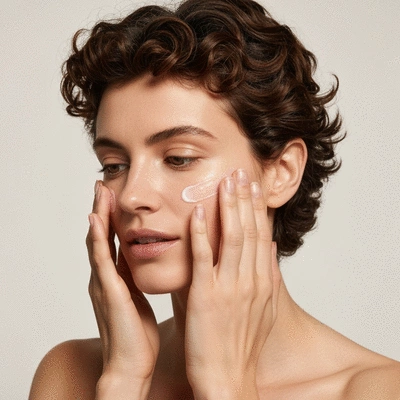
Recognizing When to Consult a Dermatologist for Persistent Issues
While building a consistent routine is essential, there are times when consulting a dermatologist becomes necessary. If you find yourself battling persistent dryness, acne flare-ups, or other skin concerns, it may be time to seek professional help. According to a study published in PMC, early intervention from a dermatologist can be beneficial for managing severe or persistent skin conditions. Here are some indicators that you should reach out:
- Your skin shows no improvement after several weeks of a new routine.
- You're experiencing severe irritation or allergic reactions to products.
- You have persistent acne that worsens despite treatment.
At Dry Acne Solutions, I emphasize the importance of professional guidance. A dermatologist can assess your skin more closely and tailor specific treatment plans that efficiently address your unique concerns. Additionally, staying informed about hot topics in skincare in 2023, as discussed by Dermatology Times, can help you have more informed conversations with your dermatologist.
Addressing Common Questions and Concerns
FAQs About Dry, Acne-Prone Skin
- What causes dry and acne-prone skin simultaneously?
- Dryness and acne often arise from an imbalance in moisture levels. Factors like harsh cleansers, environmental conditions, underlying skin conditions (e.g., eczema), and hormonal fluctuations can contribute to both issues.
- Why is a gentle skincare approach important for this skin type?
- Harsh products can strip the skin’s natural oils, irritating it and worsening both dryness and breakouts. A gentle approach helps maintain the skin's moisture barrier, crucial for preventing irritation and promoting a balanced complexion.
- What lifestyle factors can influence dry, acne-prone skin?
- Lifestyle choices like diet, hydration, and stress levels significantly impact skin health. A balanced diet rich in antioxidants, ample water intake, and stress management techniques (e.g., yoga, meditation) can enhance skincare efforts.
- When should I consult a dermatologist for my skin concerns?
- You should consult a dermatologist if your skin shows no improvement after several weeks of a new routine, if you experience severe irritation or allergic reactions, or if you have persistent acne that worsens despite treatment. A professional can provide tailored treatment plans.
- Can active ingredients be combined without irritation on dry, acne-prone skin?
- Combining active ingredients can be tricky. While some combinations work well (e.g., salicylic acid and niacinamide), it's best to introduce new ingredients gradually and observe your skin's reaction. If discomfort occurs, reassess your product usage.
How Do Lifestyle Choices and Diet Impact Dry, Acne-Prone Skin?
Understanding the connection between our lifestyle choices and skin health is vital. Your diet, hydration levels, and stress management play significant roles in how your skin behaves. For instance, a diet high in processed foods and sugars can lead to inflammation, which may worsen both dry skin and acne. To promote healthier skin, I recommend focusing on:
- A balanced diet rich in fruits, vegetables, and healthy fats.
- Staying hydrated by drinking plenty of water.
- Managing stress through mindfulness practices and regular exercise.
These small adjustments can create a noticeable impact on your overall skin health—sometimes, the changes go beyond topical treatments!
Can I Use Active Ingredients Together Without Irritation? A Look at Compatibility
Combining active ingredients can be tricky, especially with sensitive skin. It’s essential to understand which ingredients work well together and which can cause irritation. Some effective combinations include:
- Salicylic acid and niacinamide for acne control.
- Hyaluronic acid with retinoids for hydration and anti-aging.
- Vitamin C with sunscreen for enhanced protection against UV rays.
However, it's best to introduce new ingredients gradually. If you ever experience discomfort, take a step back and reassess your products. Remember, at Dry Acne Solutions, I’m here to guide you in finding the right balance for your unique skin needs!
Summary of Effective Skincare for Your Skin Type
Recap of Essential Steps for a Gentle Routine that Balances Hydration and Acne Control
In summary, creating a gentle skincare routine for dry, acne-prone skin involves a few essential steps:
- Gentle cleansing to remove impurities without stripping moisture.
- Targeted treatments that address acne while promoting hydration.
- Nourishing moisturizers that won’t clog pores.
By focusing on these steps, you can achieve a balanced routine that keeps your skin hydrated and clear!
Encouragement to Embrace a Personalized Approach Based on Skin Needs
Finally, it’s essential to embrace a personalized approach to skincare. Your journey is unique, and I encourage you to explore and adjust your routine based on how your skin responds. Don’t hesitate to share your experiences with me or within our Dry Acne Solutions community—we’re all here to support each other on our paths to healthier skin!
Recap of Key Points
Here is a quick recap of the important points discussed in the article:
- Identify common causes of dryness and acne, such as harsh cleansers and environmental factors.
- Adopt a gentle skincare routine, using non-comedogenic products that hydrate without clogging pores.
- Make lifestyle adjustments, including hydration, balanced diet, and stress management, to support skin health.
- Establish consistent skincare habits and listen to your skin's unique needs for optimal results.
- Consult a dermatologist if persistent issues arise despite following a routine or experiencing severe irritation.


